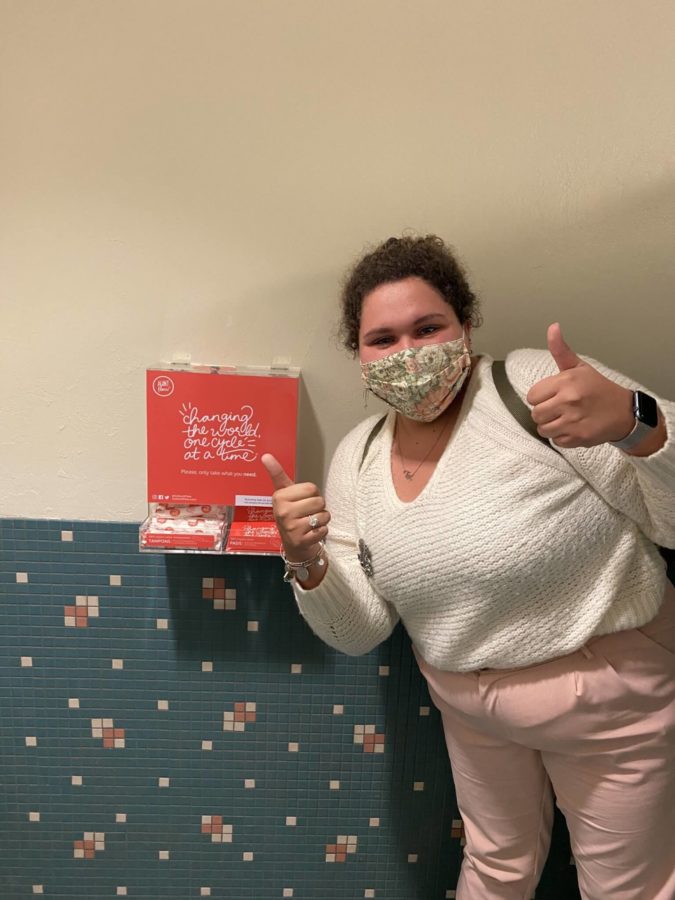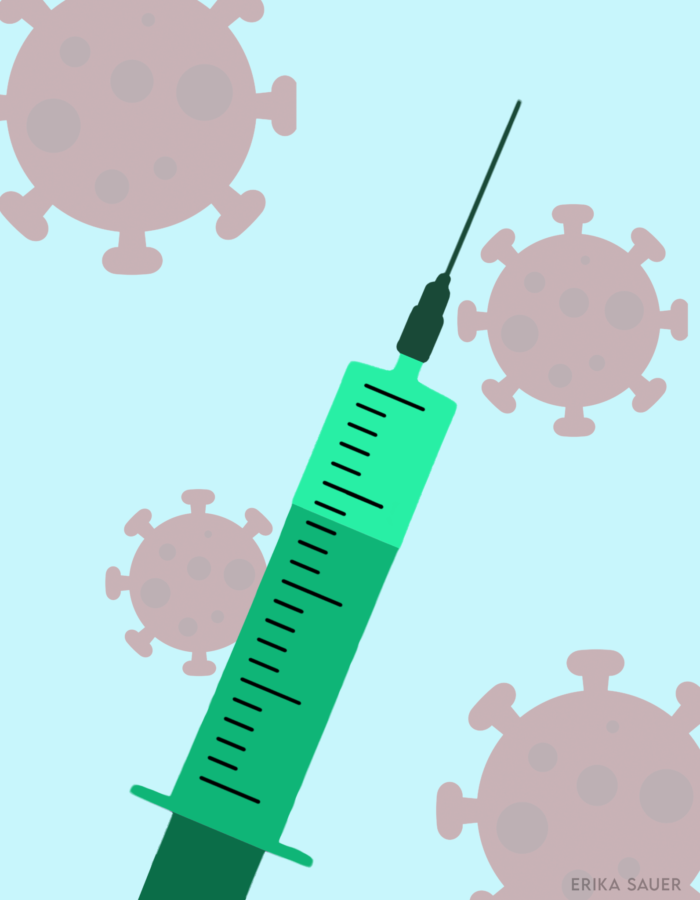How many all-nighters do you think you’ll pull this finals season? The ideal would be none; however, these last couple weeks are filled with exams, projects and papers, which, like it or not, need to be done. So, how are you going to do it? One might say, “coffee, coffee and more coffee,” but that won’t cut it. Your body needs much more than caffeine to stay alert and, most importantly, remember the material the next day. We gathered a few healthy choices for you this week that will help with studying, remembering and nailing that final.
Breakfast comes first
A few weeks ago, Eagle News mentioned how important breakfast is, and that is still true. Having a nutritional breakfast will get you going the right way before heading to class. Studies have shown that a high-protein, moderatefiber and low-carb breakfast may improve short-term memory and attention. Key components are the ingredients because a heavy breakfast with bagels, muffins and pancakes will result in the opposite and hinder concentration. So, leave the treats for after the exam.
Super fruit
Many of us tend to munch on something while studying, especially in the late night hours. Instead of cracking open a bag of chips or gummy bears, reach for blueberries. Researchers from Tufts University and the USDA reported in a major study regarding the effects of fruits and vegetables on reversing damage in nerve cells that blueberries might be responsible for improving short-term memory loss. They are also sweet and delicious and readily available at most grocery stores.
Coffee alert
Coffee lovers, you don’t need caffeine as often as you think, and here is why. The cortisol hormone is responsible for not only stress, as most people know it for, but for alertness as well. The body’s cortisol level is the highest in the morning between 8 and 9 a.m., so once you go without a cup of Joe in the morning for awhile, you’ll see how it’s not necessary to get you started. Research shows that the most effective times to drink coffee are when our cortisol level is low, which is between 9:30 and 11:30 a.m. Other times cortisol levels rise are between noon and 1 p.m. and between 5:30 and 6:30 p.m., so avoid caffeine at those hours. Even if the hours when one wakes up vary, know that having caffeine at least an hour after leaving the bed is ideal.
Fish, yum
Another memory booster is salmon and other oily fish that are high in omega-3 fatty acids. Researchers have proved many advantages of an omega-3–rich diet, but in this case, they are important to us because those essential fatty acids enhance the memory. A fish for dinner will keep your brain functioning for the rest of the night while cramping in the material.
Pumpkin seeds for the brain
Pumpkin seeds are also a good study snack. Their high level of zinc is vital for better memory and thinking skills. Substitute crackers for pumpkin seeds, and you’ll see while crackers will give you the comfort-food, full feeling, pumpkin seeds will not put you to bed but keep you focused on the subject.
Drink H2O
Have a water bottle with you at all times. Staying hydrated when you need to be alert is more important than you think. Often, people reach for snacks or think they are hungry, when it really is the dehydrated body that’s screaming for water. Not having enough water can make you feel weak and lethargic, as your body needs water to effectively pump blood through your system — including your heart, brain and all other organs.









































